The Gift of South Dakota
Subscriptions to South Dakota Magazine make great gifts!
Subscribe today — 1 year (6 issues) is just $29!
Surviving Wind Chill
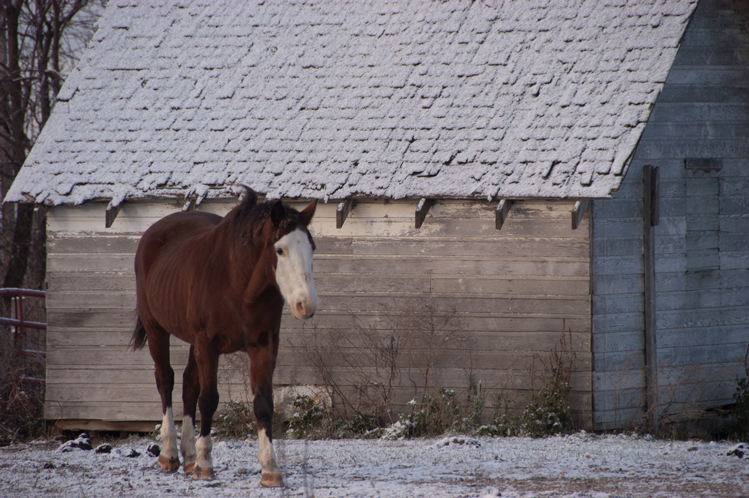 |
| Chores need doing, even at 40 below. |
“Wind chill is 70 to 90 below zero.” I shrugged as I snapped off the radio. I moved cattle on horseback one day when the wind chill was 60 below. Once it’s that cold, what difference can a few degrees make?
I found out. Exposed flesh freezes in well under a minute. In the time I took to open a gate, the naked skin behind my glasses began to sting. I think my nose is shorter — frozen off when my scarf slipped down as I hacked at six inches of ice on the cattle tank. When I stepped out of the pickup my often-frostbitten hands began to ache at once, and didn’t stop until hours later. My eyes burned for several days. My face felt sandpapered. My lungs ached, in spite of the scarf.
I followed all the well-known rules for living through cold weather. I kept a little water running, flushed the toilet frequently, checked the sewer vent pipe for frost, hauled in an armload of wood every time I went outside, plugged in the truck heaters. I called a neighbor before I went out to do chores, and called her when I got back safely.
But I survived. And that amazed me. I went outside often, though the radio was advising people not to, because I had work to do. I carried 50-pound sacks of cake to the cows, chopped ice, ducked behind a windbreak when I could, put my free hand inside my shirt when it hurt too much, and drove back to the house more often to warm up. I walked slowly, so I wouldn’t gasp for deep, dangerous breaths.
Once I went out when I had nothing to do, really — just to look at everything with new eyes: to see how the animals were staying alive. Grouse clucked at me from bushy branches of a cedar, an owl dropped silently out of a broken barn window. The cows had gone over a hill to a gully on a south slope and didn’t reappear until two days later. Their eyelashes were frosty, but their month-old calves were fine. I resisted hunting for them in the deadliest weather, remembering my father’s rule: “A cow can stand more cold than you can.”
That’s what amazes me: that humans survive at all. We are so dependent on our machinery and our miracle fabrics, so overconfident about our often-wrong interpretations of nature, that I don’t understand how we’ve lasted this long. A freight train barrels into a town, out of control and speeding because the air brakes didn’t work. Anyone who has heard her own footsteps on a 30-below morning knows cold air is thinner. Misguided folks feed starving deer and chase them away from hunters, thinking to help. They fail to see that starving deer mean too many deer for available grass. They should thank hunters for killing them mercifully instead of letting them be smashed on the highway. Our lives are so nearly automated that a problem requiring thought can kill us — because we are not used to thinking.
And if you’re not thinking when the wind chill is 90 below zero, you can be dead. I reached above my head to pull a bale of hay into the pickup. Two dropped, knocking me backward. I was quick enough to roll over the side of the pickup. But heavier bales might have knocked the wind out of me, broken a bone, made me fall on my head. Later I could think of a half-dozen ways I might have been badly hurt. Ten minutes of lying in the snow would have killed me. Next time I didn’t stand below the bales. Another of my father’s rules flashed through my head: “When you’re handling cows, it helps to be smarter than the cow.” Or a bale of hay.
Editor’s Note: This story is revised from the January/February 2005 issue of South Dakota Magazine. To order a copy or to subscribe, call (800) 456-5117.

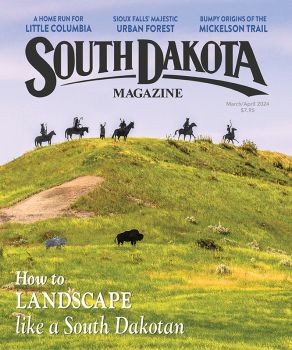
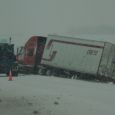

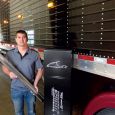

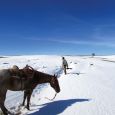
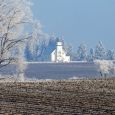
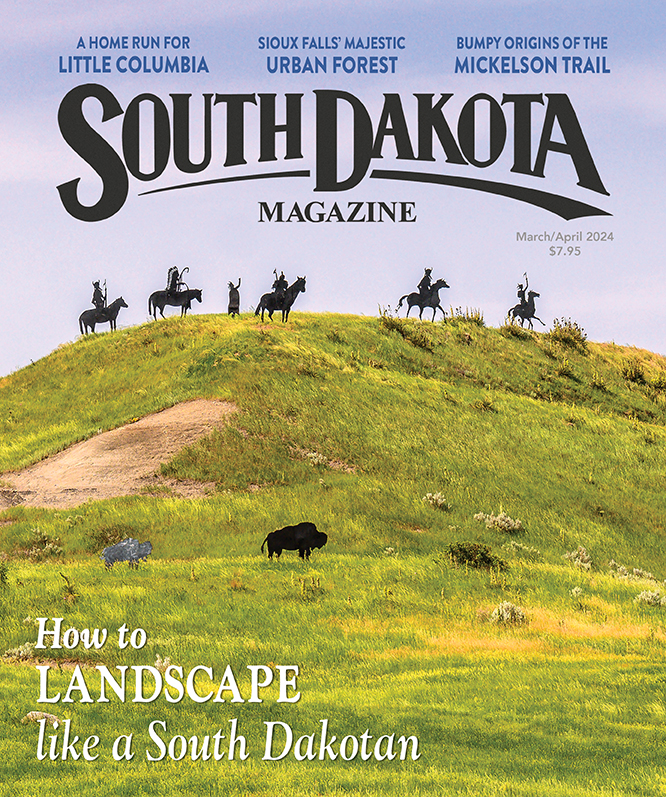
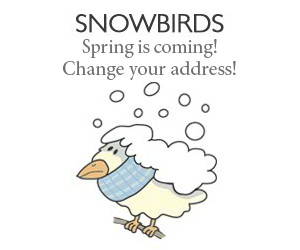
Comments